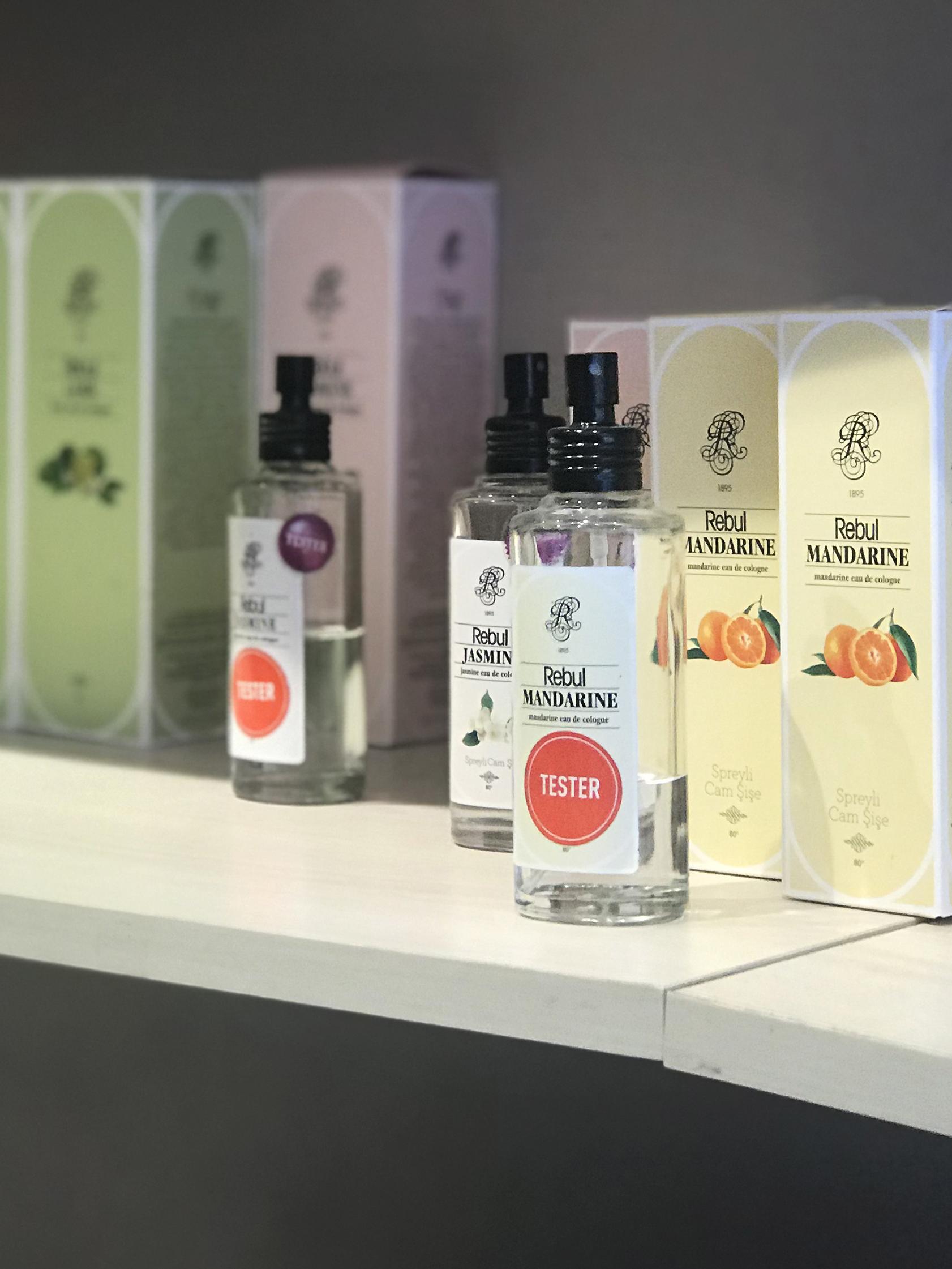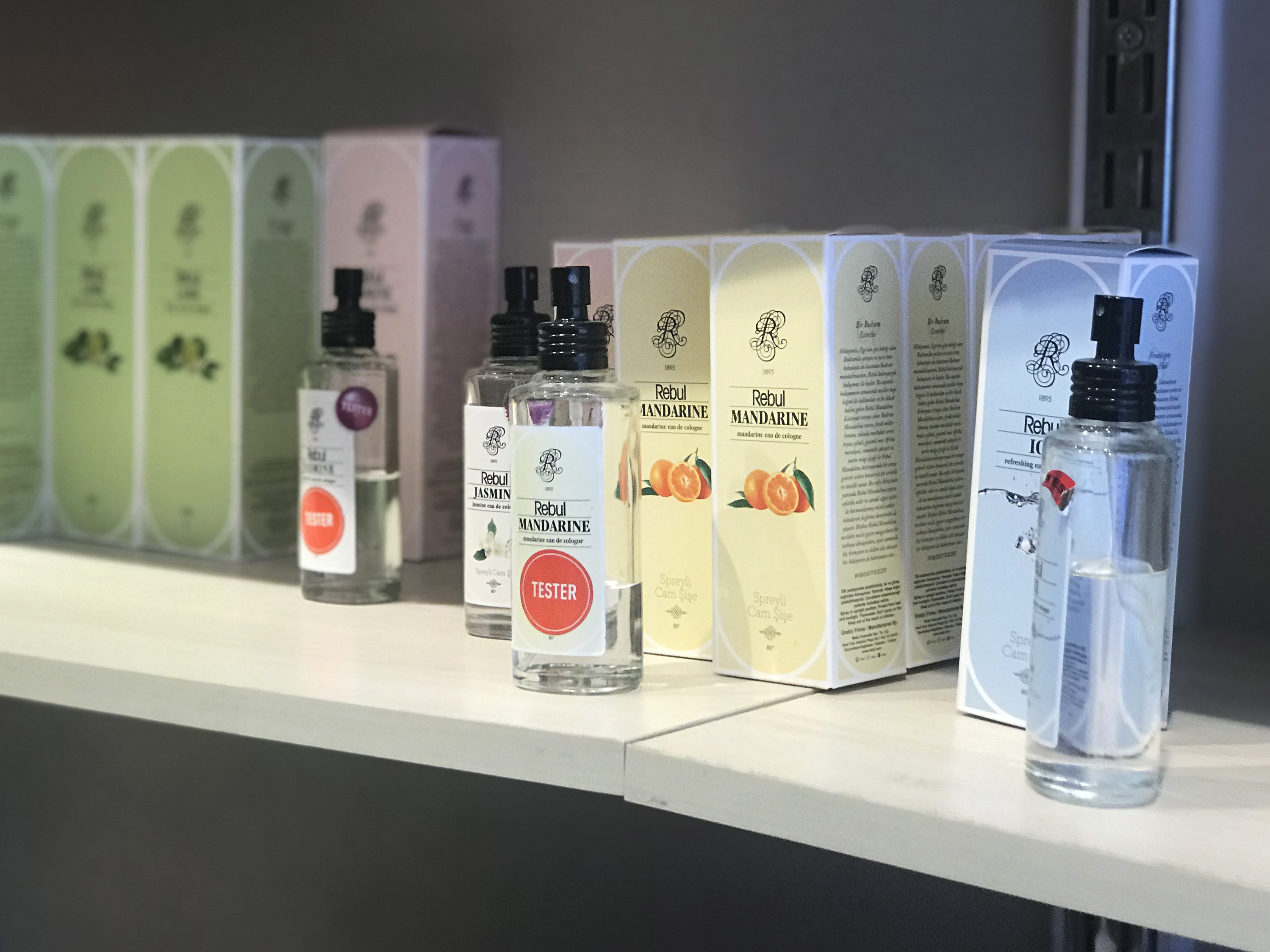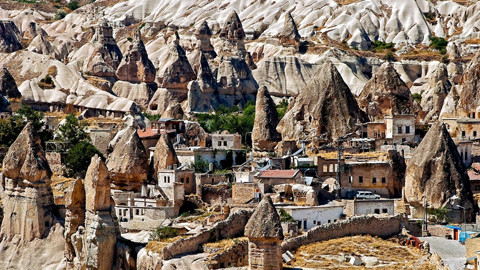Kolonya culture
While commercially available hand sanitizers are sold out in other countries, Turks are using a traditional perfume as a hand wash that is both fragrant and clean: kolonya perfume.
Kolonya simply means cologne - perfume. Kolonya perfume has been a symbol of Turkish hospitality and health since the Ottoman Empire. It is often referred to as the "national scent" of the Turkish people.
Traditionally, this sweet fragrance, made from fig blossoms, jasmine, roses, or citrus flowers, was used to lightly anoint the hands of guests upon entering homes, hotels, hospitals, after meals in restaurants, or during religious ceremonies. Unlike other natural fragrances, this high-alcohol perfume can kill over 80% of germs and can be used as an effective antibacterial hand sanitizer.
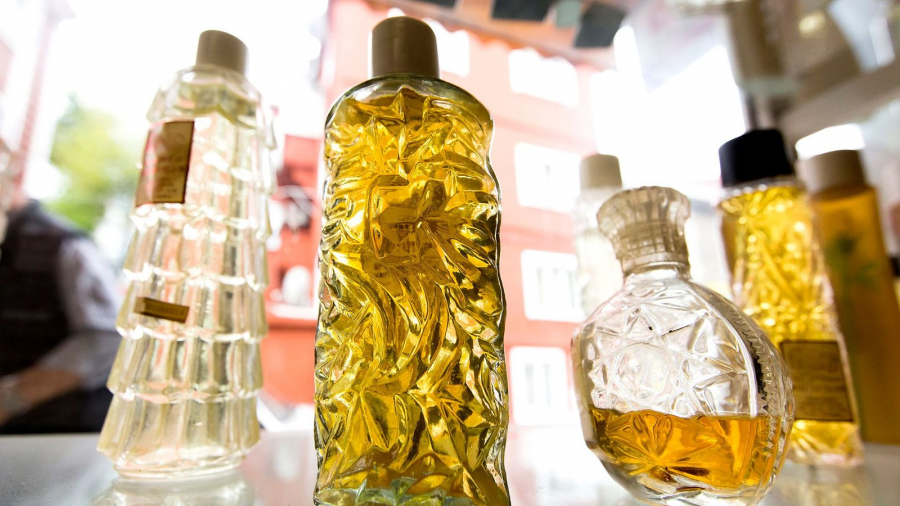
Sales of kolonya, Türkiye's "national scent," have skyrocketed since the coronavirus pandemic began spreading because kolonya is also used as a disinfectant.
Therefore, when the Turkish Health Minister praised kolonya, it not only inspired a wave of national media attention to the traditional perfume's antiviral properties, but also turned everyone into a chemist, concocting this unique hand sanitizer. Since Turkey confirmed its first case of coronavirus infection, sales of some major kolonya perfume manufacturers have increased at least fivefold.
Dr. Hatira Topaklı in Istanbul explains that kolonya has antibacterial properties because it contains at least 60% (usually 80%) alcohol. Therefore, it's not surprising that commercially available hand sanitizers aren't common in Türkiye. Especially since people "don't need to learn how to protect themselves from the coronavirus anymore," as they're already in the habit of using kolonya daily.
The Turkish government even requested a reduction in ethanol supply in gasoline to boost production of kolonya perfume and other disinfectants in the fight against Covid-19.
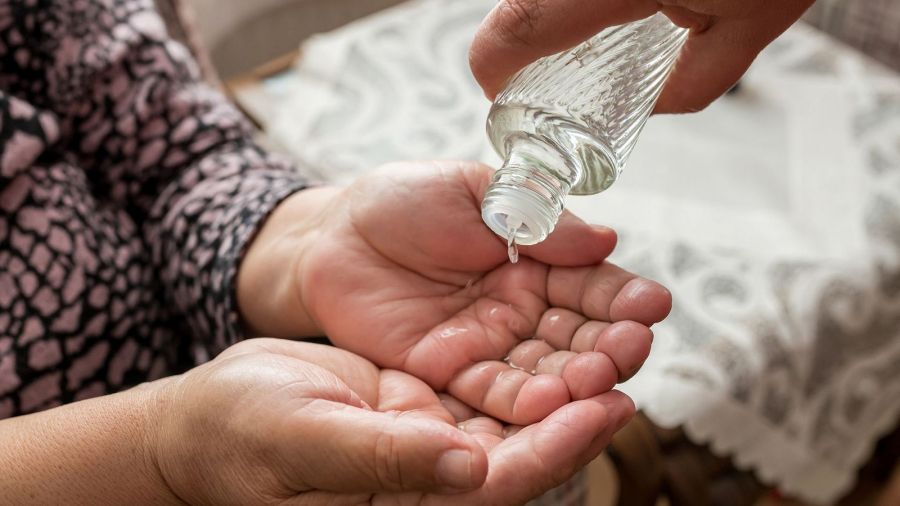
Kolonya has been a symbol of health and hospitality since the Ottoman Empire and is often lightly applied to the hands of guests upon entering a home.
Atelier Rebul is one of Türkiye's oldest and most well-known commercial kolonya brands. Kerim Müderrisoğlu, CEO of Rebul Holding, the brand's owner, reveals that kolonya production is quite simple. First, pure ethanol is made from fermented barley, grapes, molasses, or potatoes mixed with distilled water. Then, natural flavorings such as magnolia, lemon, or rosemary are added, and the mixture is sealed for at least 7-10 days, but usually 3 weeks, before bottling.
As a symbol of hospitality and well-being, kolonya is more than just a disinfectant. It's also a source of comfort for many Turks during uncertain times in their lives. Kolonya has accompanied everyone who has ever been to Turkey. And now, during social distancing, the scent of kolonya evokes memories of closeness and mutual care.
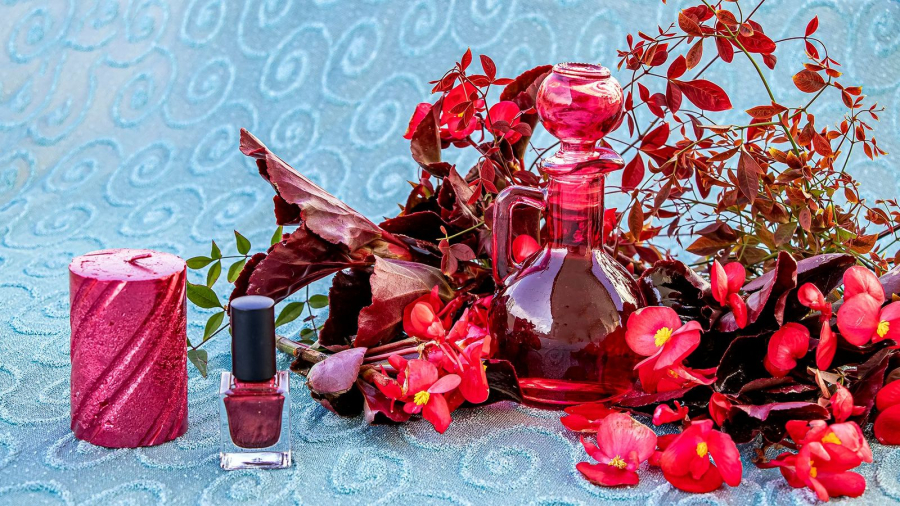
Derived from rose water, kolonya is a blend of ethanol, essential oils, and natural fragrances.
Kolonya is ancient, but rose water is even older. Since the 9th century, people on the Arabian Peninsula have used rose water for fragrance, in cooking, beauty, religious ceremonies, and as medicine. Persians, Egyptians, and Ottomans also used rose water for cleansing and welcoming guests. By the 19th century, eau de cologne had traveled along the Silk Roads from Cologne, Germany, to the Ottoman Empire. When Sultan Abdülhamit II of the Ottoman Empire first encountered it, he adapted the formula by blending traditional rose water with the novelty of an alcohol-based perfume from abroad to create kolonya.
There isn't much difference between eau de cologne and kolonya. Both have similar ratios of ethanol and essential oils, and are often combined with scents like orange and lemon. What makes kolonya unique is the way it's used.
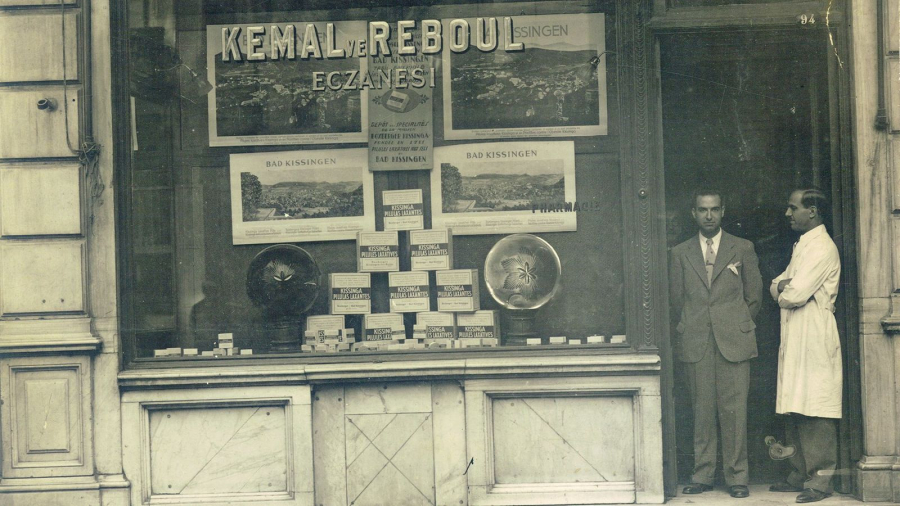
Atelier Rebul, one of the oldest and most renowned kolonya brands in Türkiye, opened in Istanbul in 1895.
At the beginning of the 20th century, kolonya became extremely popular. This was thanks to chemists. In Istanbul, a young French chemist named Jean Cesar Reboul opened one of the first pharmacies in Turkey in 1895. Together with his apprentice Kemal Müderrisoğlu (Kerim's grandfather), they created one of Turkey's most famous kolonya under the Atelier Rebul brand. Today, Atelier Rebul still sells that signature Rebul Lavanda perfume, made from lavender grown in Reboul's garden. Kerim estimates that their kolonya sales have increased eightfold since the pandemic began.
"It has the convenience of antibacterial hand sanitizer, but also the distinctive fashion appeal of classic perfume," Kerim explained.
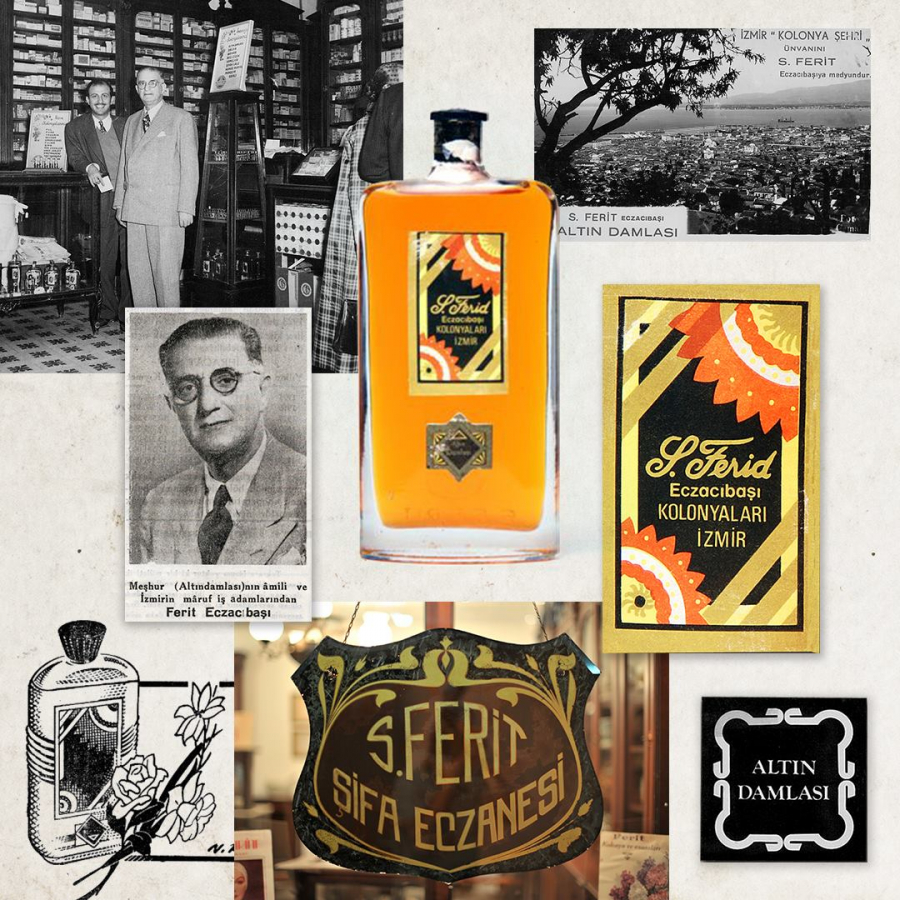
Selin's Golden Drop perfume is considered an icon of Izmir.
Meanwhile, on the Aegean coast, in the city of Izmir, the youngest chemist of the Ottoman Empire, Süleyman Ferit Bey, packed his bags and went to Grasse, France, in the 1920s. He went there to learn French perfumery techniques. Unlike many who are easily seduced by glamour, after completing his studies he returned to his homeland to create another famous kolonya called Golden Drop, which later became a symbol of Izmir.
Around the same time, in Ankara, a businessman named Eyüp Sabri Tuncer created a kolonya from lemons sourced from the coastal town of Çeşme. It became one of Türkiye's most popular and recognizable kolonyas. His eponymous brand remains one of the country's leading perfume manufacturers. Tuncer was also the first to promote his product in Türkiye through free samples and informational leaflets upon its launch.
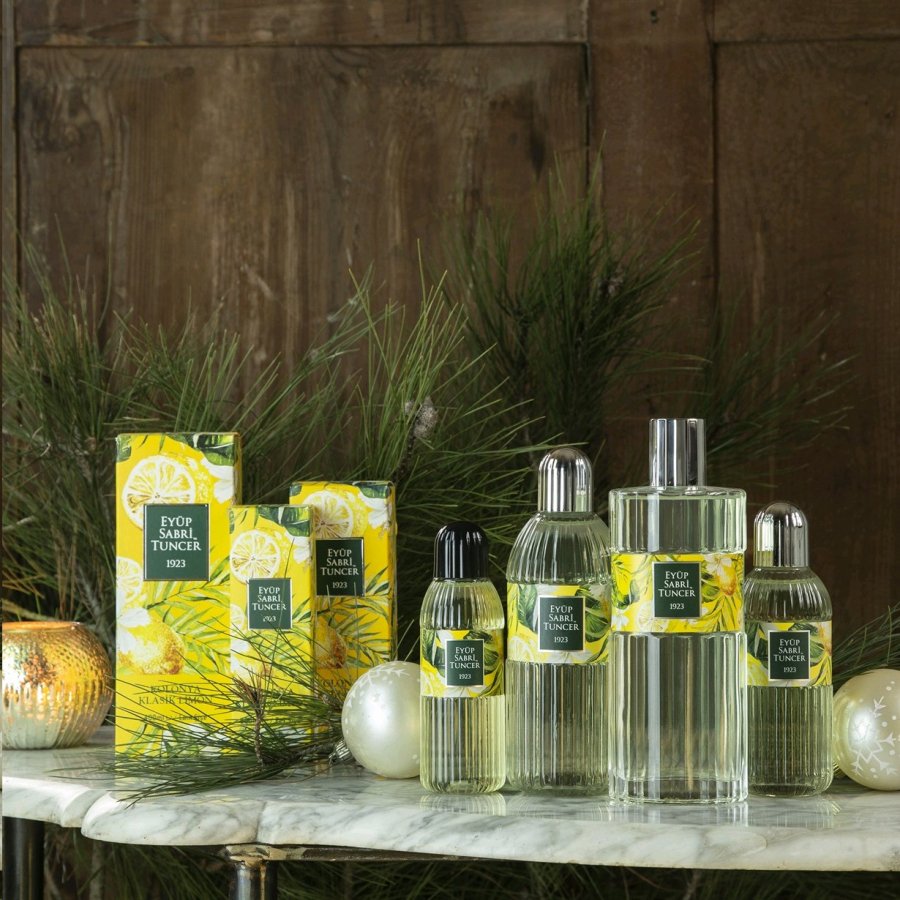
Eyüp Sabri Tuncer's Çeşme lemon-scented perfume is one of Türkiye's most popular and recognizable kolonya.
According to Elizabet Kurumlu, a tour guide in Istanbul, smaller cities gradually began creating their own kolonya, using unique ingredients rarely found elsewhere. Isparta, for example, produces kolonya with a sweet rose scent. Communities near the Black Sea have kolonya with a hint of tobacco. And other places have kolonya with fig blossoms, pistachios, jasmine, and magnolia.
Just as wines are named after the owning family, kolonya perfumes carry the prestige of an entire clan, and the most luxurious brands are named after their founders. Kolonya has become a status symbol. Therefore, the bottles containing kolonya are also uniquely designed and elaborately decorated. Some bottles have even become collector's items. Rare bottles from the Ottoman era have sold at auction for up to 5,000 Turkish lira (approximately £600). In Istanbul, there are beautiful kolonya bottles on display in the Orlando Carlo Calumeno Collection and Archive at the Galeri Birzamanlar exhibition.
In the mid-20th century, kolonya began to be industrially produced. Thanks to its more affordable price, kolonya appeared in most Turkish households.
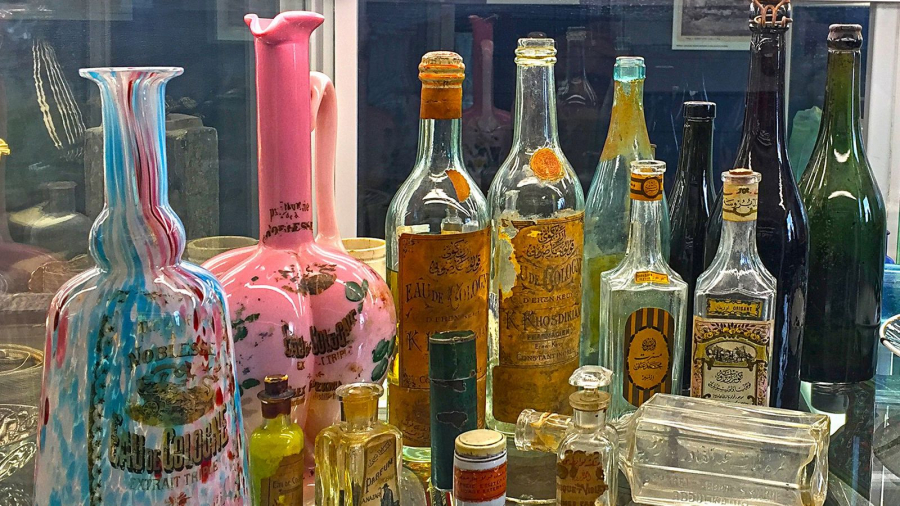
Today, classic Kolonya perfume bottles have become highly sought-after items by collectors.
People say that kolonya is as essential to a home as food is to have in the refrigerator. Typically, Turks place a bottle in the bedroom, bathroom, and living room, always within sight. It's also indispensable in lessons on etiquette and manners. Kurumlu recounts, "When I was a child, it was my duty to greet guests and make sure they always had three things: kolonya, candy, and cigarettes."
Kolonya is also a common feature at gatherings and religious holidays like Ramadan. It's not just a welcome gift, but also a wish for good health. In Türkiye, showing concern for a guest's well-being is a sign of hospitality.
Tourists in Türkiye may have come across a bottle of kolonya in their hotel room, a dressing room at a high-end restaurant, or even been offered kolonya at the end of a long bus journey.
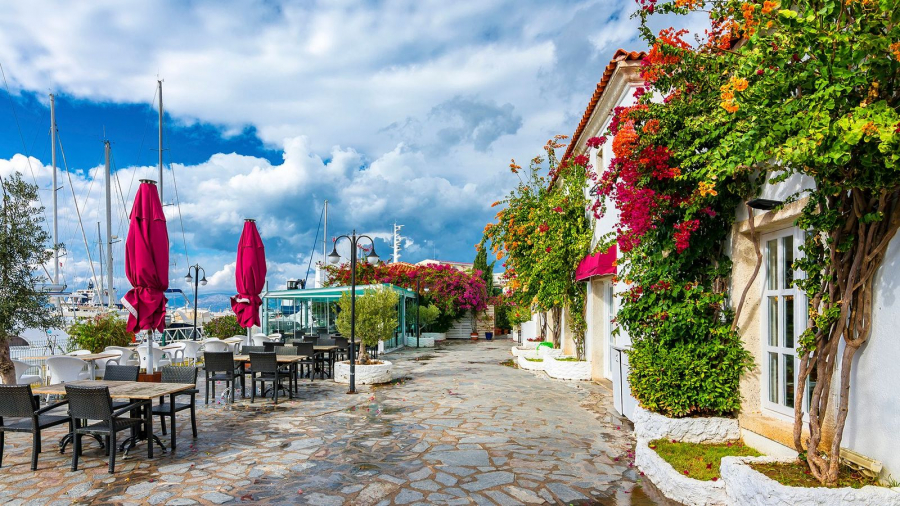
Each region produces kolonya using different ingredients, and the lemon scent from Çeşme is one of the most popular.
Besides its antibacterial properties, kolonya also has many other health benefits. Adding a few drops to a sugar cube aids digestion. Rubbing kolonya on the temples can relieve headaches. Therefore, whenever visiting a patient, Turks often give them kolonya or a bag of oranges as a gift.
Even before the coronavirus era, the kolonya business was thriving. Traditionally, perfumes were sold in pharmacies, supermarkets, or boutiques. But over the past decade, kolonya brands have also started opening their own stores. Atelier Rebul opened its first store in 2013 and now has 22 stores across Türkiye. They have also begun expanding internationally, distributing to Europe and the Middle East, and partnering with a Japanese pharmaceutical company. They plan to further expand their factory to meet the increased demand due to Covid-19.
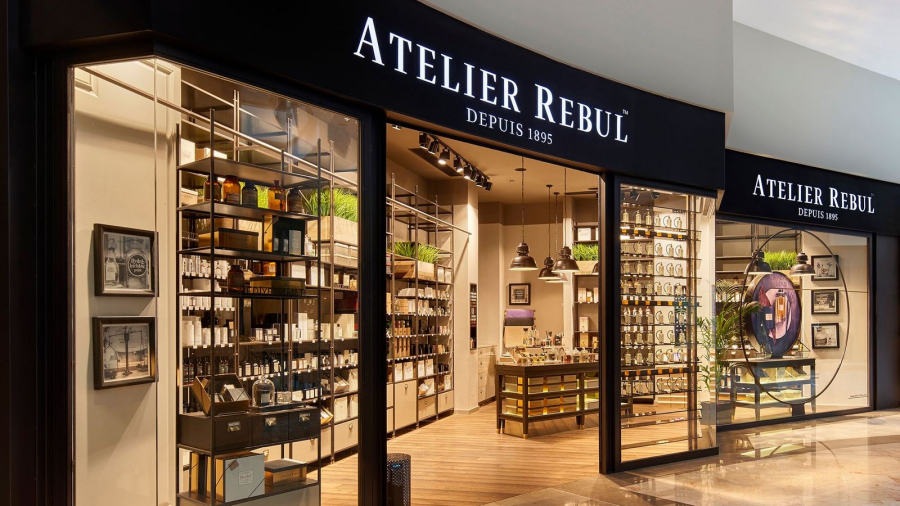
Over the past decade, leading Turkish kolonya brands have opened more upscale retail stores.
"Previously, you would have found it difficult to find kolonya outside of Türkiye. But that will change quickly," Kerim said.
Beyond trendy boutiques, kolonya is still widely distributed throughout Türkiye. But with supply chains tightened during the high demand of the Covid-19 pandemic, some people have found ways to make kolonya themselves to ensure they have enough for personal use. Kurumlu explains that ethanol, the base of kolonya, is also an ingredient in traditional cherry liqueur, so many families already have a bottle on hand.
Kerim said, “Before the coronavirus era, only a few people made kolonya themselves. Now everyone is whispering, ‘Do you have enough kolonya at home?’”
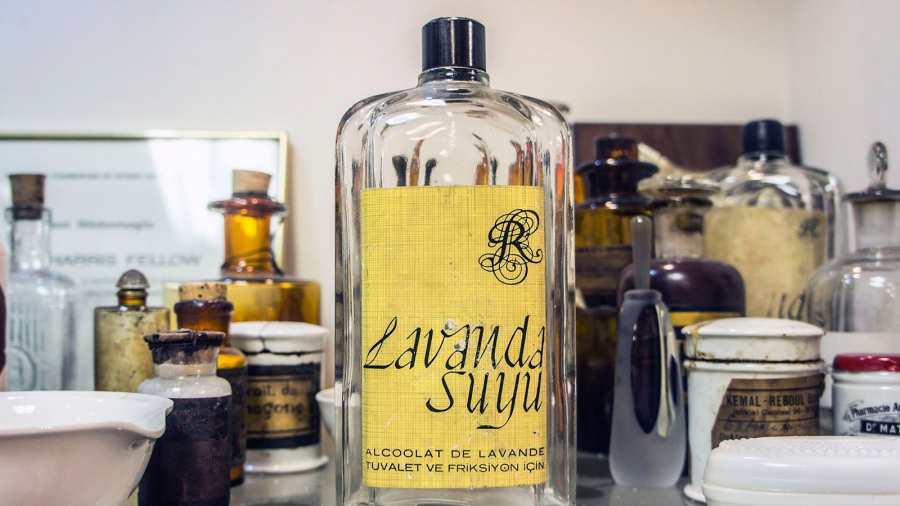
Today, Atelier Rebul still sells their signature Rebul Lavanda fragrance, made with lavender grown in Rebul's own gardens.
These days, Turkish life is confined to the home. They have more time to contemplate life—something they could hardly do in the hustle and bustle of the past. They suddenly realize that the most powerful use of kolonya is not disinfection, nor beauty. Rather, it's like a river carrying memories. Kolonya takes them to the endless lavender fields of Isparta under the summer sun. Kolonya takes them back to the smoky, alcohol-filled nights at bars on the Bosphorus. Each time they use kolonya, their anxieties seem to subside. The subtle fragrance reminds each person that they will soon create new memories, as intensely purple as those lavender fields.
Reputable Kolonya perfume brands in Türkiye
Atelier Rebul:One of the oldest Kolonya perfume brands. Lavender is the brand's signature scent. Besides pharmacies, supermarkets, and perfume shops, Atelier Rebul has 22 physical stores throughout Türkiye and an online sales website.
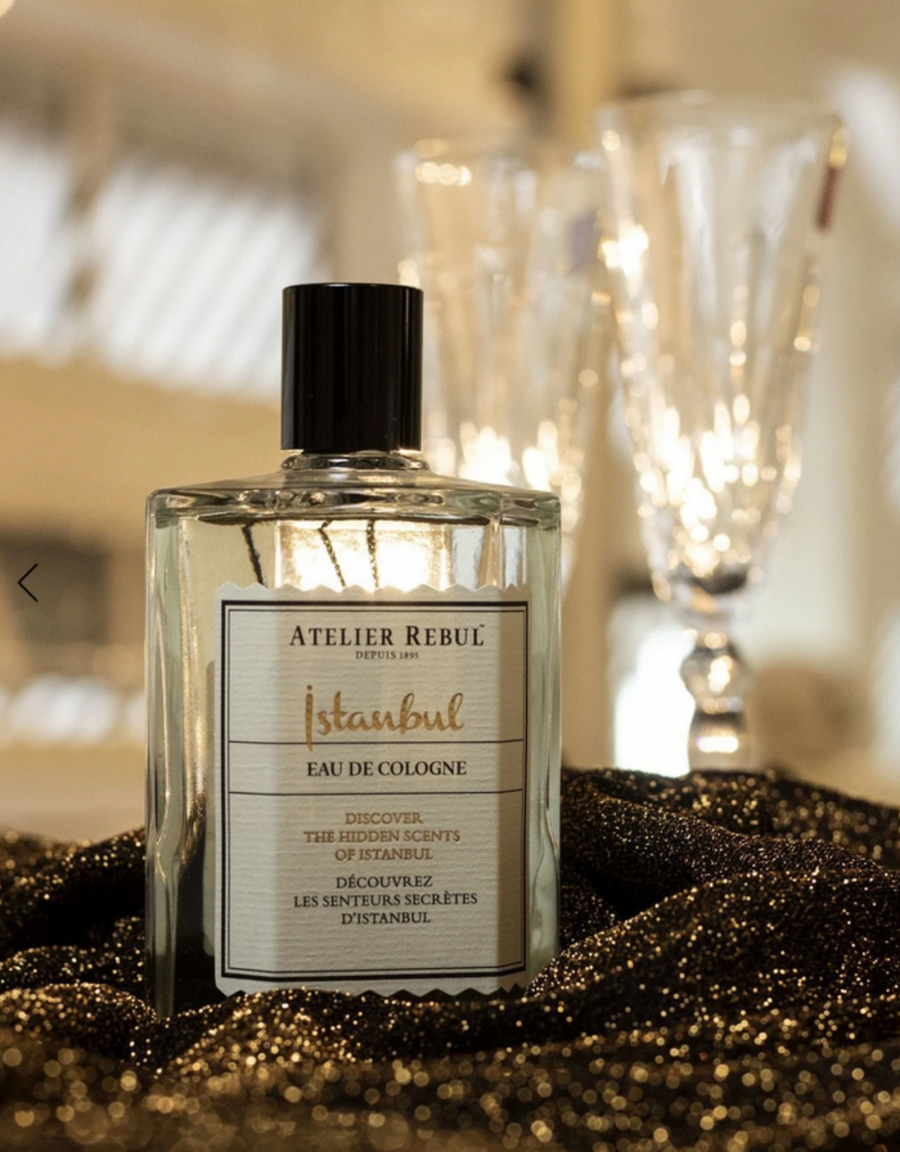
Atelier Rebul
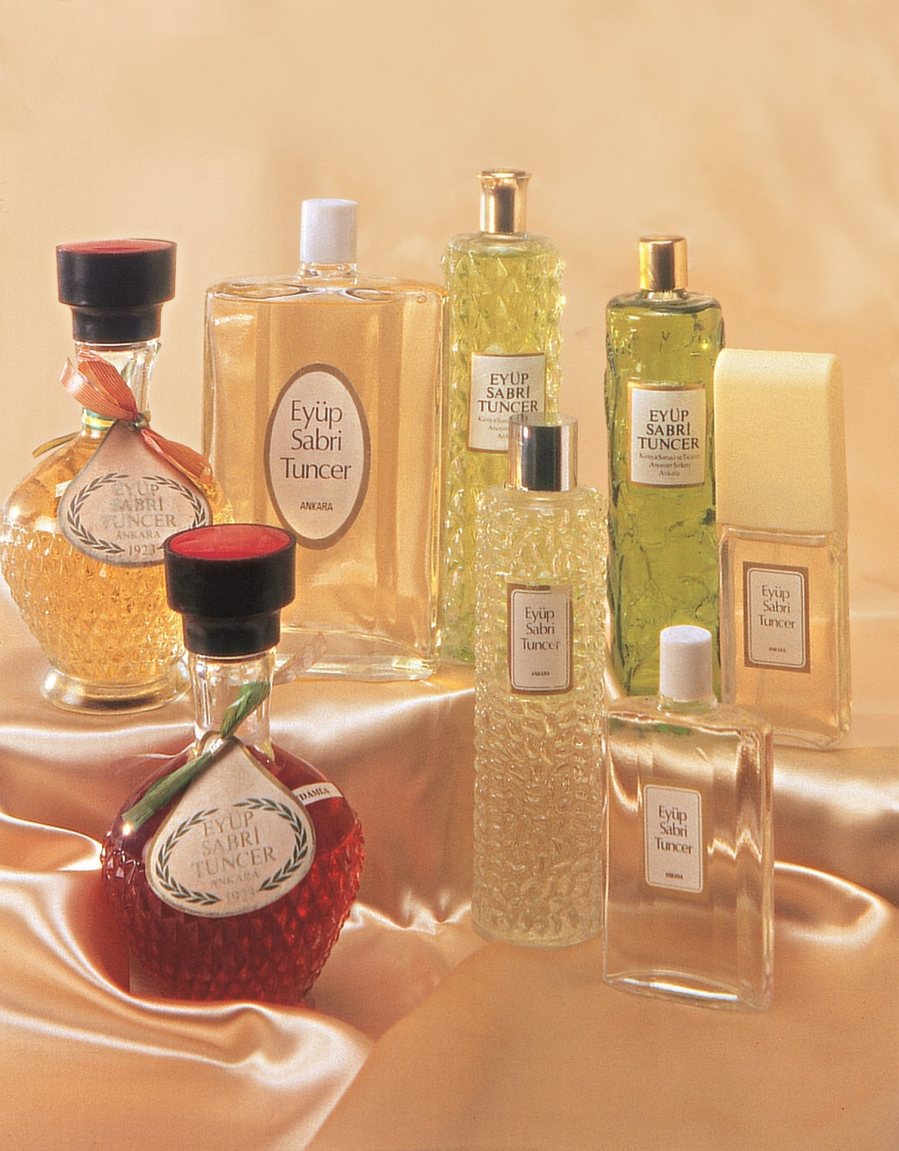
Eyüp Sabri Tuncer
Eyüp Sabri Tuncer:Most famous for its lemon scent, Tuncer offers numerous versions based on specific locations such as Basilica Cisterns, Grand Bazaar, Hagia Sophia, Bosphorus, Spice Market, and many more. In addition, they have countless other scent-related products like wet wipes and toothpaste.
Selin:Believed to be the first brand to produce colonya in Turkish history, Selin first launched its product in 1912 in Izmir under the name Altın Damlası Kolonyası (Golden Drop Cologne). The perfume became a prestigious gift given by anyone visiting Izmir.
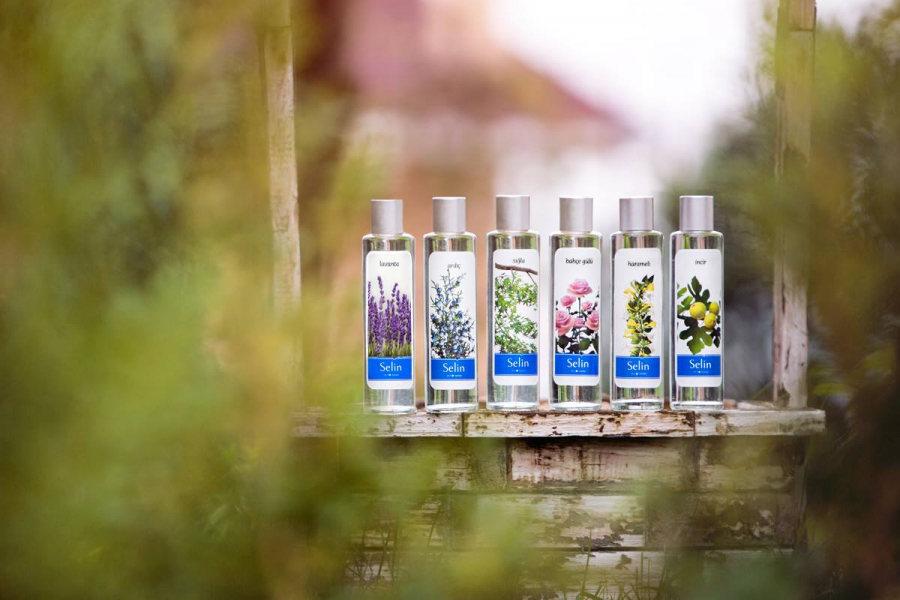
Selin
Pereja:Kolonya, a nostalgic perfume brand, was founded in 1967, coinciding with the arrival of then-Prime Minister Süleyman Demirel. Their lemon-scented Kolonya remains one of Türkiye's most iconic fragrances from the 1970s to the present day.
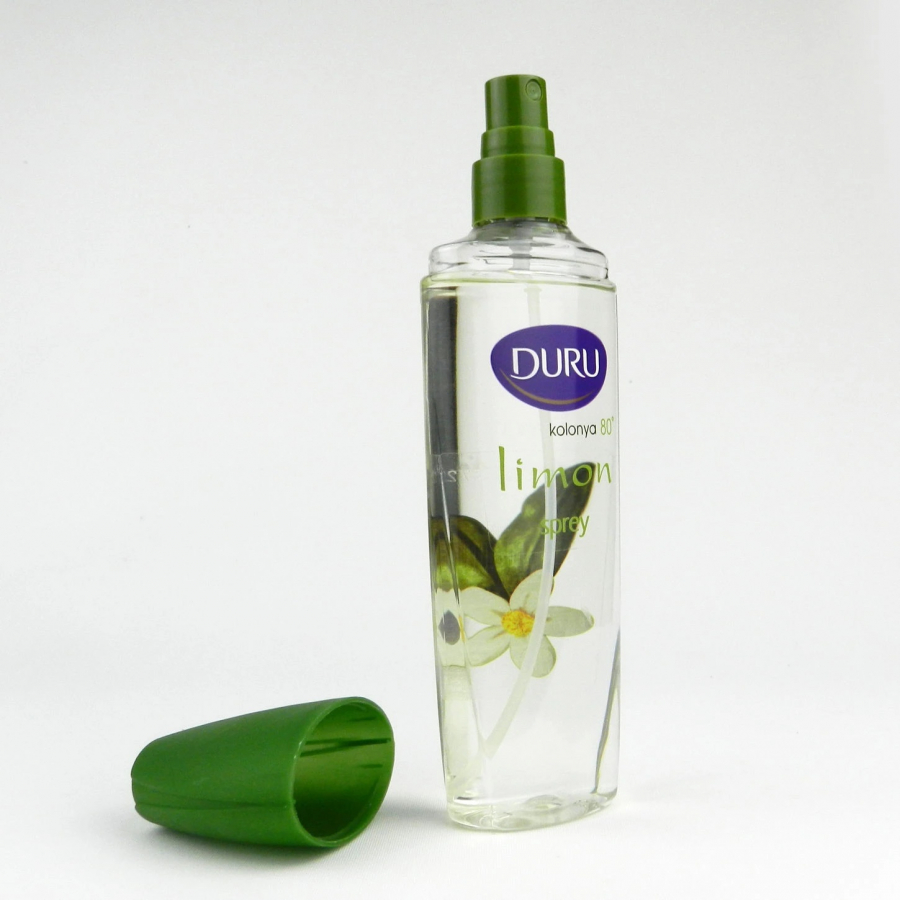
Duru
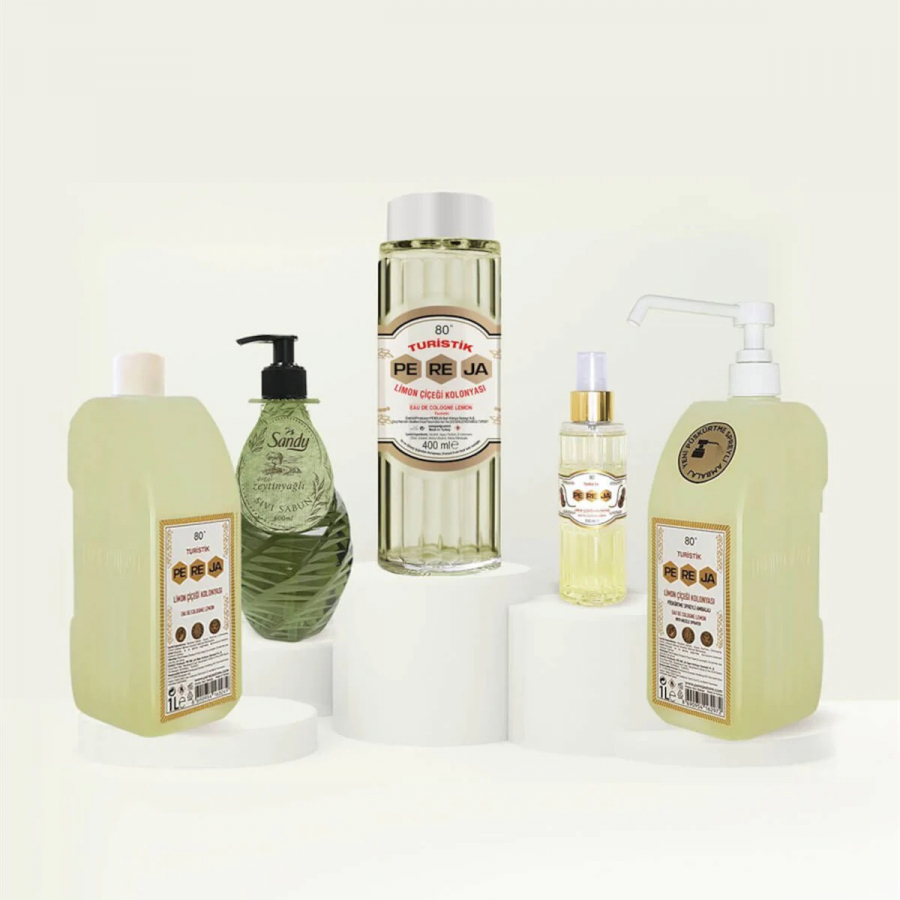
Pereja
Duru:Founded in 1927 in Erzurum, Duru is another renowned Turkish kolonya brand that has stood the test of time. Duru has expanded into a range of floral-scented personal care products, such as Arko, and produces 300 tons of soap annually, along with many classic kolonya varieties.
Tariş:One of the most prestigious olive oil brands in Türkiye also has a very popular kolonya line with a rare aroma of fig, olive blossom, and green tea.
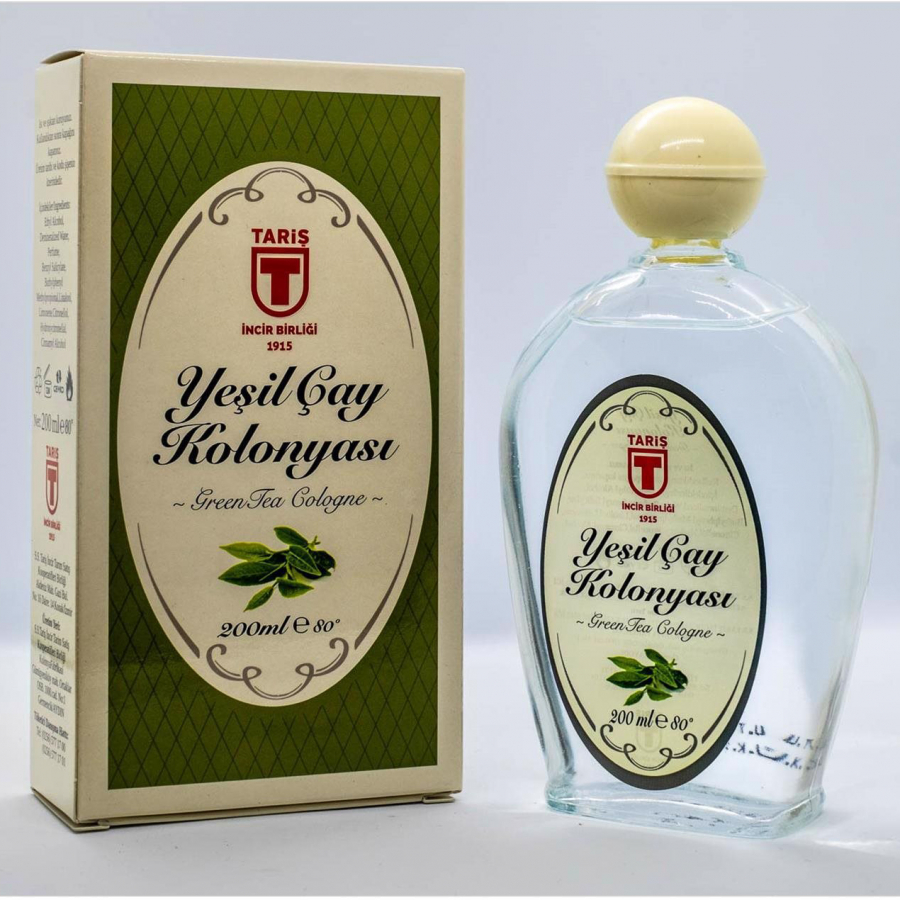
Tariş
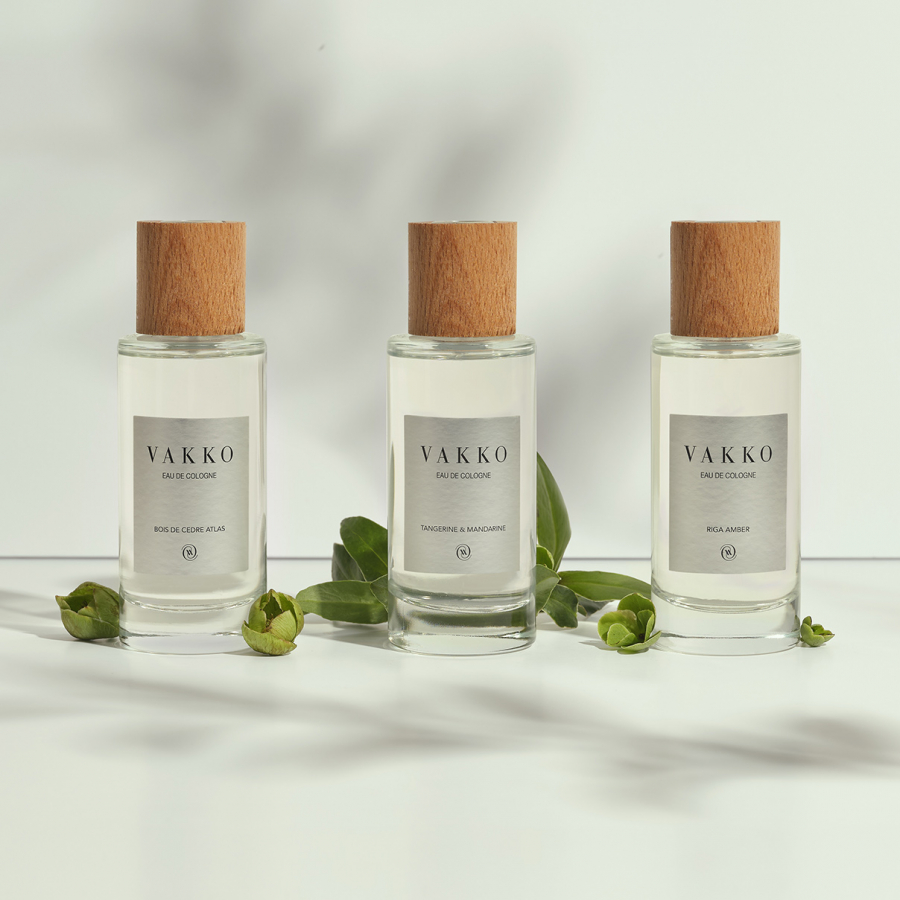
Vakko
Vakko:Kolonya is a luxurious and elegant brand with standout lines such as Retro Gardenia, White Suede Musk, White Tea, and Cedar Atlas. It is also considered one of the most premium Kolonya brands for gifts.

 VI
VI EN
EN



